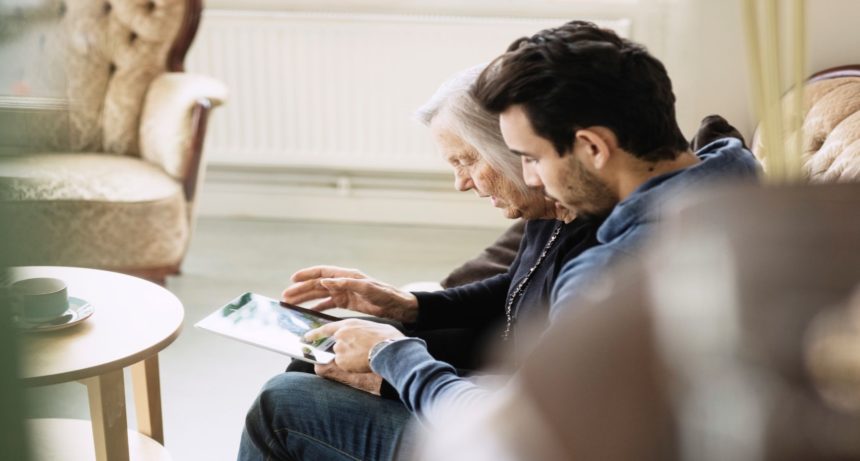
Editor’s note: Home Sweet Home is a feature appearing Mondays in McKnight’s Home Care Daily Pulse. The story focuses on a heartwarming, entertaining or quirky happening affecting the world of home care. If you have a topic that might be worthy of the spotlight in Home Sweet Home, please email Caroline Szachnowski at [email protected].
With loved ones returning home for the holidays, the last few weeks presented a good time to monitor older adults for signs of dementia. But it’s never too late to check for symptoms, one expert said.
Laura Stewart, executive senior director at Brightview Senior Living’s Perry Hall, an independent living, assisted living and memory care community, urges caregivers to take note of the signs of dementia year-round. There are certain behavioral signs of dementia that are easy to spot in older adults’ homes without doing specific dementia assessments, she said.
“Things like how their housekeeping is in their home or apartment and how it is compared to what the normal standard was,” Stewart explained. “Do they have scorched pots and pans, indicating that they are possibly burning their food on the stove or in the oven? What is the state of how they are living in terms of trash being disposed of and cleanliness of their environment?”
Along with the behavioral signs mentioned above, there are other signals to be on the lookout for, she said. These can include asking repetitive questions, disorientation and hygiene status. Other signs include how well the older adults sleep through the night, whether or not they have had any falls, bruises or other unknown marks on their skin.
Routine disruption
Some symptoms of dementia are often amplified during the holidays due to routines being disrupted with adult children visiting or being shuffled from place to place to see other family members.
“There is a phenomenon called sundowning in which a person who has dementia may become more confused or agitated, showing signs of increased frustration or distress later in the day as a symptom of their cognition changes,” Stewart said. “So those would be some high-level things that people can begin to look for with their parents when they are finally getting to visit.”
COVID-19
The isolation and lack of human contact stemming from COVID-19 also lead to a lack of regular mind stimulation, resulting in cognitive decline and physical changes, Stewart said.
“It’s important to try to find a balance,” Stewart said. “Obviously you need to be safe and healthy, but if both the older adult and adult children are all vaccinated and wearing masks, it is still important to be present and engaged with our seniors and make sure we are providing them with social engagement to keep their minds sharp.”


